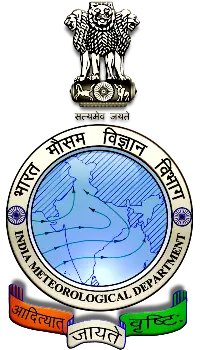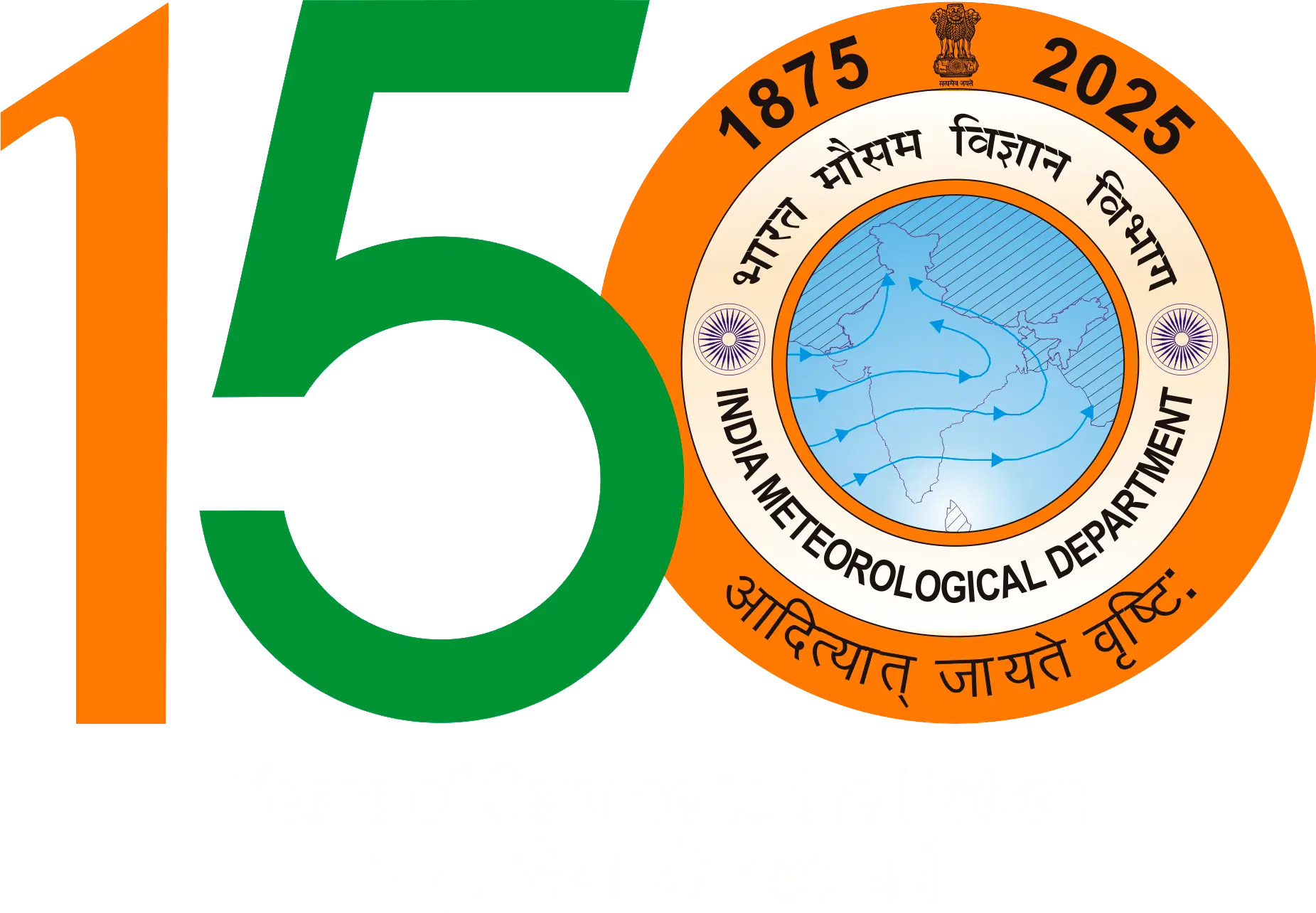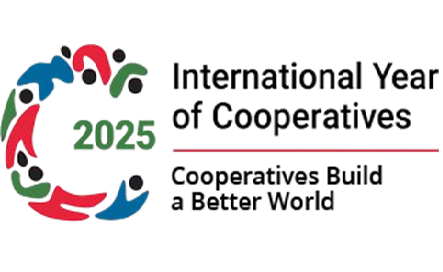Hydrometeorological Services in IMD
India Meteorological Department renders assistance and advice on the meteorological aspects of hydrology, water management and multipurpose river valley projects management. These services are utilised by the Central Water Commission, Ministry of Agriculture, Ministry of Water Resources, Railways, Damodar Valley Corporation Flood Control Authorities and the State Governments. Hydromet Division of IMD caters the information on various rainfall products through its 'Customised Rainfall Information System (CRIS)', in form of reports and maps on the CRIS portal.
Click Here to for Customized Rainfall Information System (CRIS)
Flood Meteorological Offices (FMOs)
FMOs have been set up by IMD at ten locations viz., Agra, Ahmedabad, Asansol, Bhubaneshwar, Guwahati, Hyderabad, Jalpaiguri, Lucknow, New Delhi and Patna. During the flood season, FMOs provide valuable meteorological support to the Central Water Commission for issuing flood warnings in respect of the following rivers:
- AGRA : Lower Yamuna and Betwa
- AHMEDABAD : Narmada, Tapi, Mahi, Sabarmati, Banas and Deman Ganga
- ASANSOL : Ajay, Mayurakshi and Kangsabati
- BHUBANESHWAR : Mahanadi, Brahmani, Baiterini, Bruhaba-lang, Subernarekha, Rushkulya and Vansdhara
- GUWAHATI : Brahmaputra and Barak
- HYDERABAD : Godawari and Krishna
- JALPAIGURI : Teesta
- LUCKNOW : Ganga, Ramganga, Gomti, Sai, Rapti Ghagra and Samda
- NEW DELHI : Upper Yamuna, Lower Yamuna, Sahibi
- PATNA : Kosi, Mahananda, Baghmati, Kamla, Gandak, Buri Gandak, North Koel, Kanhar, PunPun and Upper Sone
Flood Meteorological Service
Click here for Subbasin-wise NWP rainfall forecast products in pictorial and tabular form which are useful for issuance of Quantitative Precipitation Forecasts (QPF's) at operational basis.
Rainfall Monitoring
India receives 80 per cent of its annual rainfall during the southwest monsoon season of June to September. Rainfall over the country during this season shows a wide range of spatial variation due to orographic influences and preferential occurrence of rain-bearing systems in certain regions. India has a very extensive raingauge network and rainfall monitoring over the country is a stupendous task. The real-time monitoring and statistical analysis of districtwise daily rainfall is one of the important functions of the Hydrometeorological Division of IMD at New Delhi. Based on the real time daily rainfall data, weekly districtwise, sub-divisionwise and statewise rainfall distribution summaries are prepared regularly by the Rainfall Monitoring Unit. Maps showing weekly and cumulative rainfall figures in 36 meteorological subdivisions of the country are prepared. This information is very important to many user agencies, particularly for agricultural planning.
Hydrology Project
A World Bank-aided Hydrology Project covering a 6-year period is presently under implementation in IMD. This project aims at enhancing the physical infrastructure of hydrometeorological activities and data processing and management systems resulting in an enhancement of rainfall data quantity and quality. Eight southern states and five central agencies including IMD, are involved in the project. IMD has an important and active role of providing technical guidance to concerned states/central agencies in procurement and installation of standardised equipments, inspection of existing and new raingauge stations, and imparting specialised training to personnel at various levels in the states/agencies.




